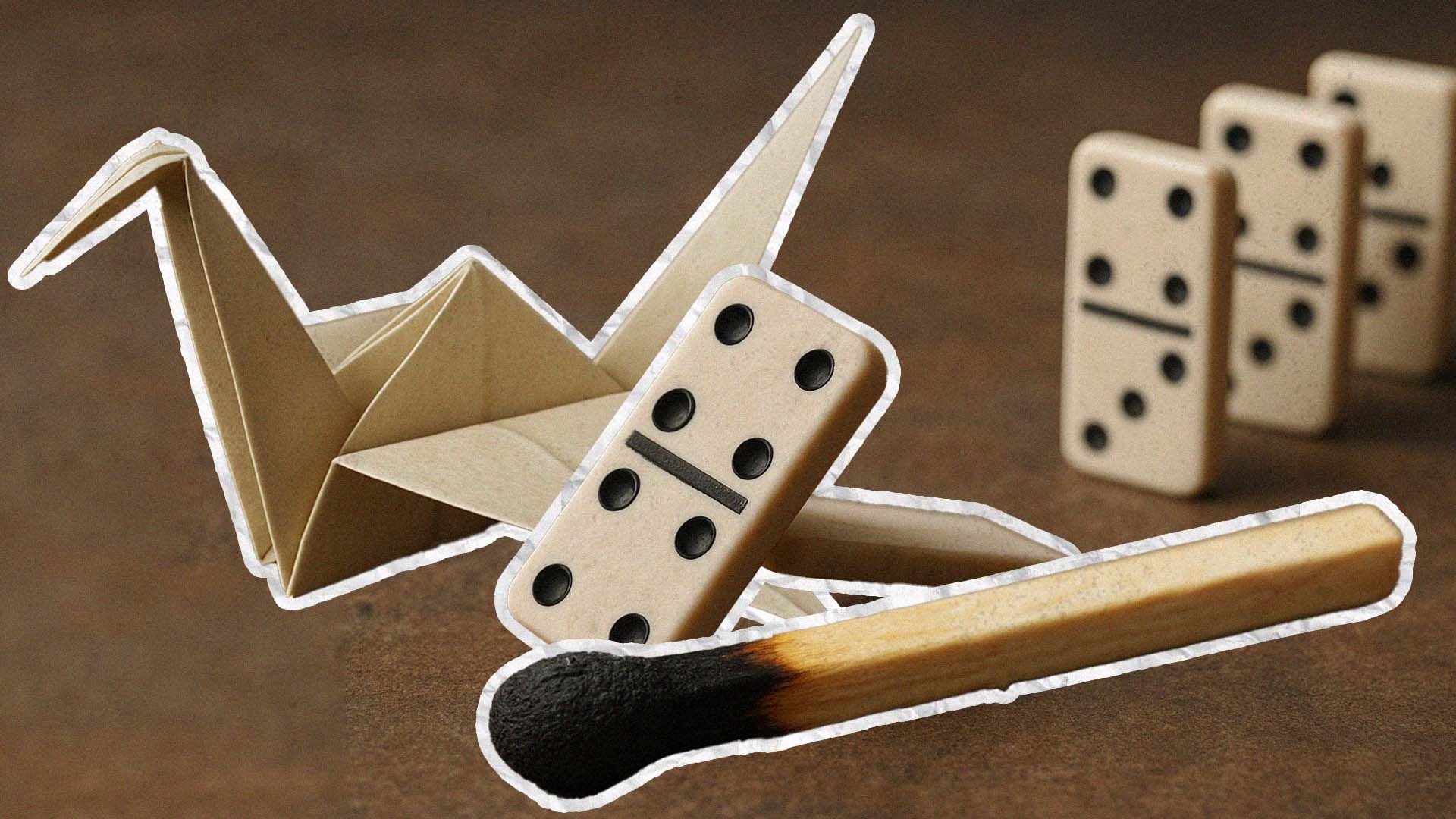Do I Keep or Flip?
Dec 30, 2022
Written by David Dodge
Deciding whether to keep or sell real estate can be a difficult decision, as there are many factors to consider. Here are a few things to think about when making this decision:
-
Your financial situation: Consider whether you can afford to keep the property and whether it is a good financial investment for you. This may involve looking at factors such as the property's rental income, mortgage payments, and potential appreciation or depreciation in value.
-
Your personal circumstances: Think about whether you have the time and resources to manage the property, or whether you would rather have someone else take care of it for you. You should also consider whether you have a strong emotional attachment to the property and whether you are ready to part with it.
-
Market conditions: Look at current market conditions in the area where the property is located. Are property values increasing or decreasing? Is the rental market strong or weak? These factors can affect the value of your property and your ability to sell it.
Ultimately, the decision to keep or sell real estate is a personal one that depends on your individual circumstances and goals. It may be helpful to speak with a financial advisor or real estate professional to get a better understanding of your options.
It is difficult to say definitively whether flipping or keeping real estate is easier, as both options have their own set of challenges and benefits. Here are a few things to consider:
Flipping:
- Pros: If you are successful in flipping a property, you may be able to make a significant profit in a relatively short amount of time. Flipping can also be a way to diversify your investment portfolio.
- Cons: Flipping can be risky, as it requires a significant upfront investment and the success of the venture depends on the ability to sell the property for a profit. It also requires a lot of work, including finding the right property, securing financing, making renovations, and finding a buyer.
Keeping:
- Pros: Keeping a property can provide a steady stream of income through rental payments and the potential for appreciation in value over time. It may also be less risky than flipping, as the property's value is likely to increase gradually rather than all at once.
- Cons: Keeping a property requires a long-term commitment and can involve a lot of work, including finding and managing tenants, making repairs, and paying property taxes and insurance. It may also require a significant upfront investment to purchase the property.
Ultimately, whether flipping or keeping real estate is easier will depend on your personal circumstances and goals. It may be helpful to speak with a financial advisor or real estate professional to get a better understanding of the pros and cons of each option.
It is difficult to say definitively whether flipping or keeping real estate will cost more, as the costs associated with each option will depend on various factors such as the location and condition of the property, the amount of work required, and the state of the real estate market.
Here are some potential costs to consider for each option:
Flipping:
- Purchase price of the property
- Financing costs (if using a loan to purchase the property)
- Renovation costs
- Closing costs when selling the property
Keeping:
- Purchase price of the property
- Financing costs (if using a loan to purchase the property)
- Closing costs when purchasing the property
- Property taxes
- Insurance
- Maintenance and repair costs
- Vacancy costs (if the property is not rented out)
It is important to carefully consider the potential costs associated with both options before making a decision. It may be helpful to speak with a financial advisor or real estate professional to get a better understanding of the costs involved.
Deciding whether to keep or sell real estate involves considering factors such as your financial situation, personal circumstances, and market conditions. Flipping real estate can offer the potential for a significant profit in a short amount of time, but it is also risky and requires a lot of work. Keeping real estate can provide a steady stream of income and the potential for appreciation in value, but it also requires a long-term commitment and can involve a lot of work. The costs associated with flipping or keeping real estate will depend on various factors and it is important to carefully consider these before making a decision. It may be helpful to speak with a financial advisor or real estate professional to get a better understanding of your options.
Photo by Andrea Piacquadio: https://www.pexels.com/photo/man-in-black-suit-jacket-while-using-laptop-3789100/





